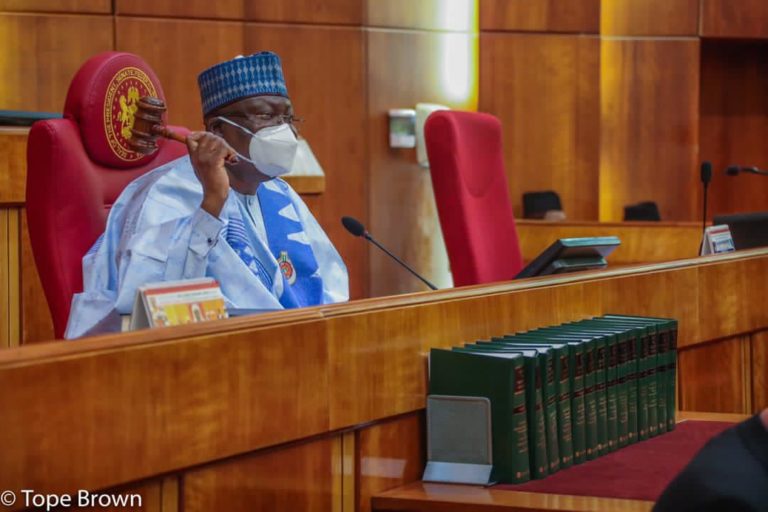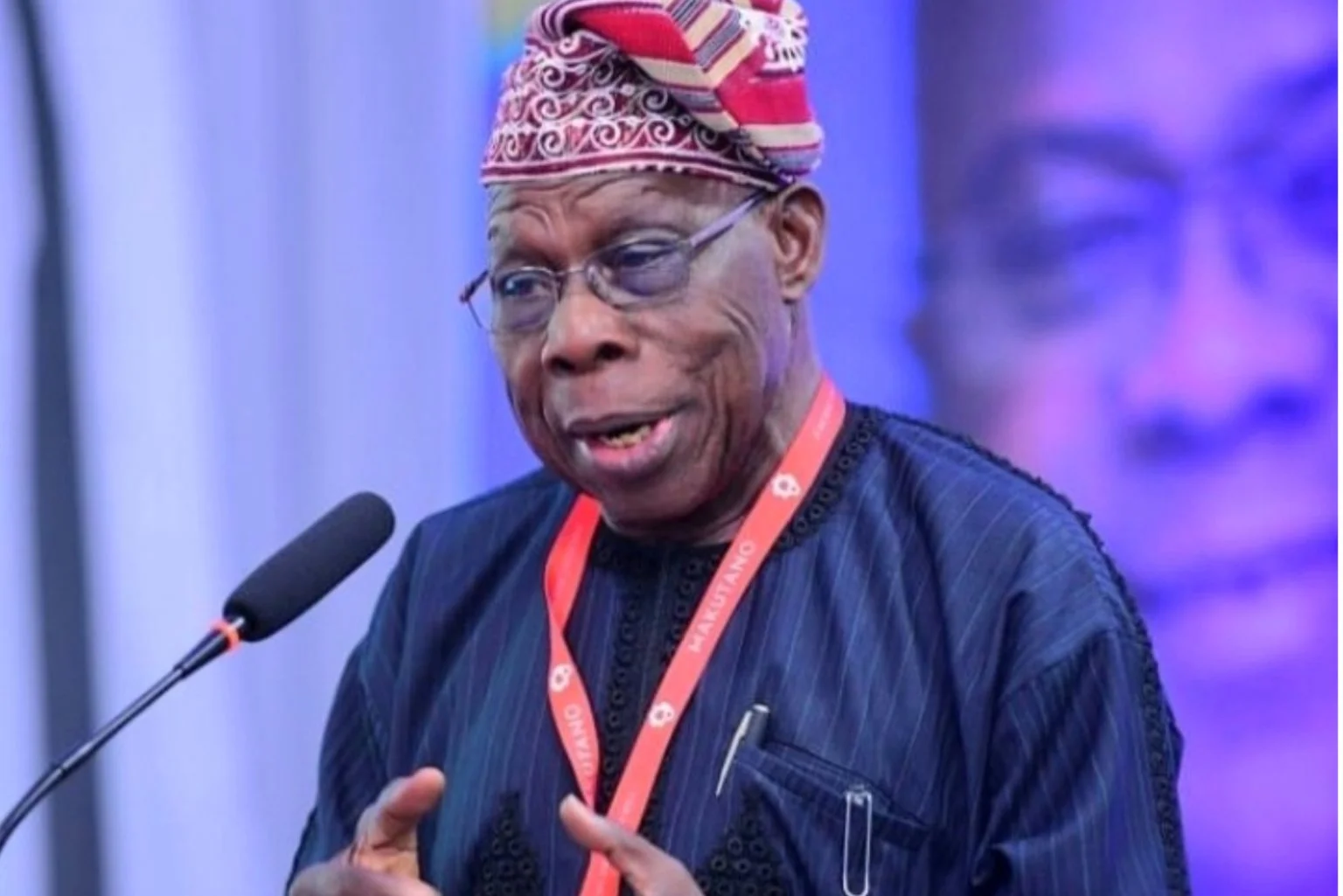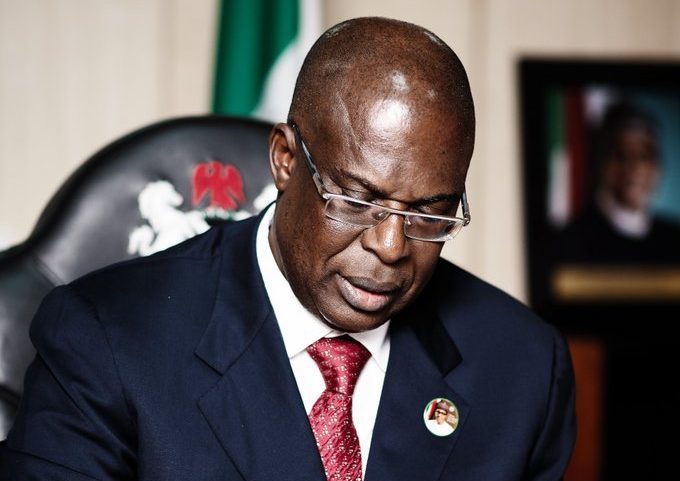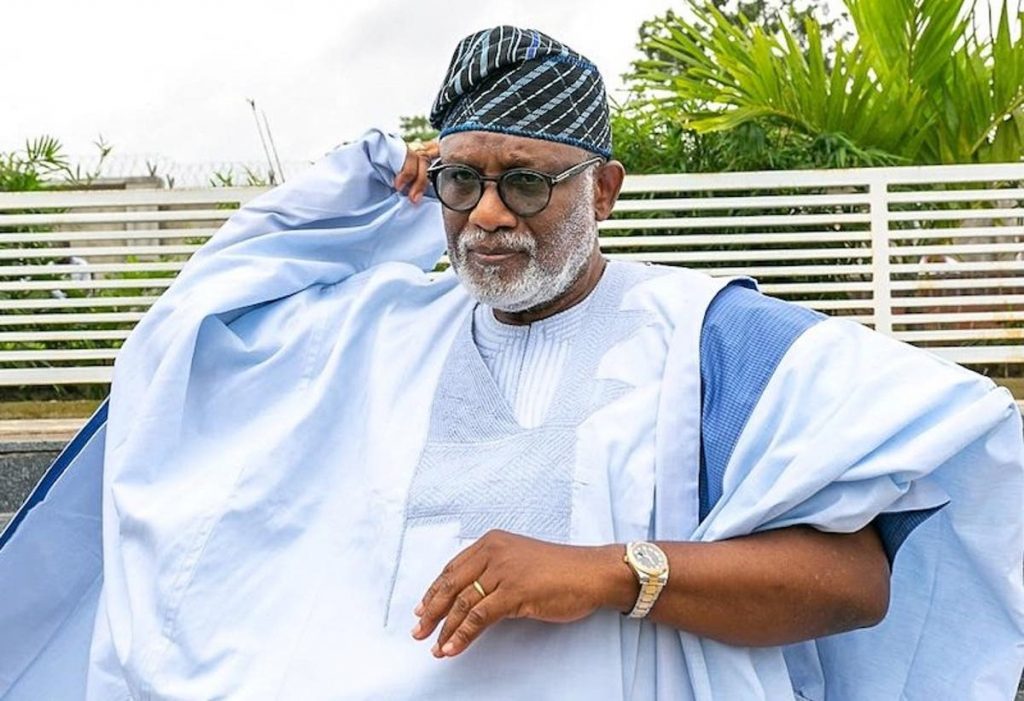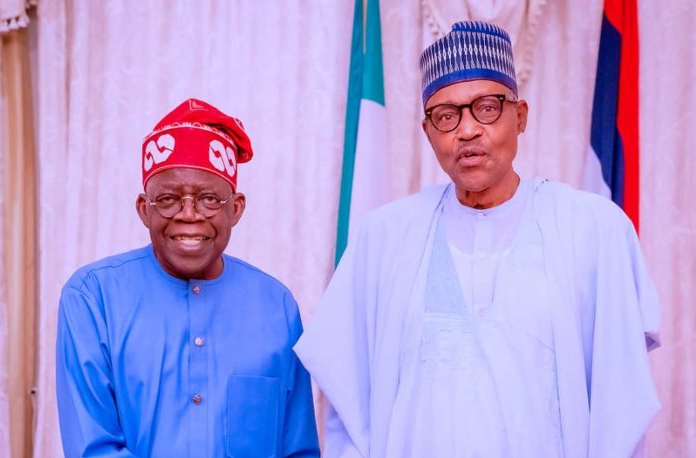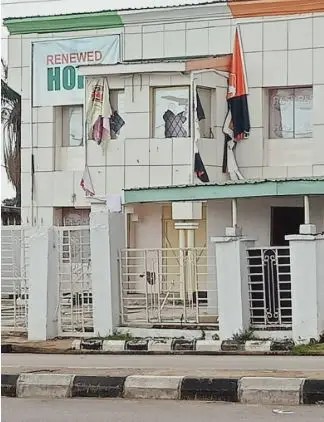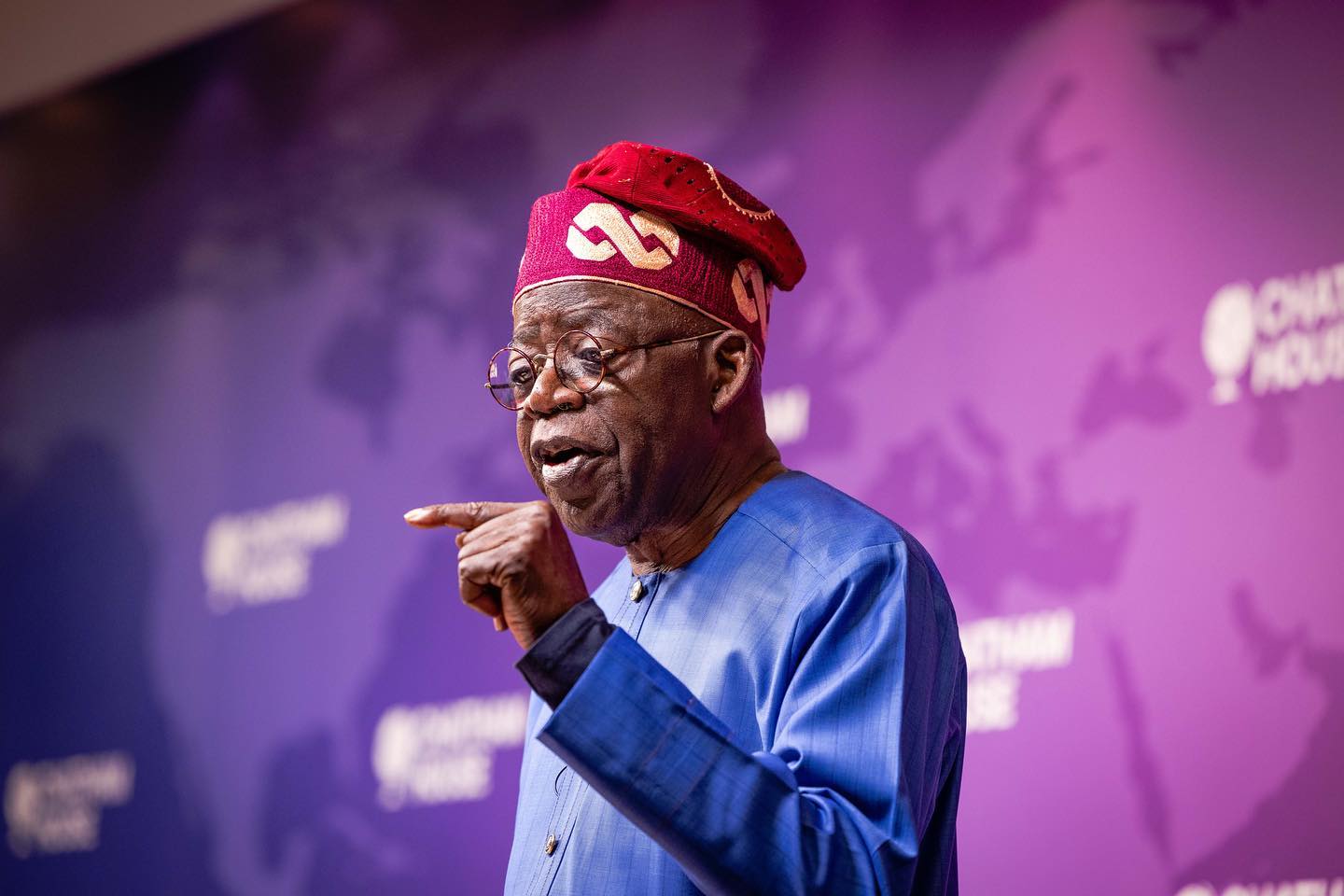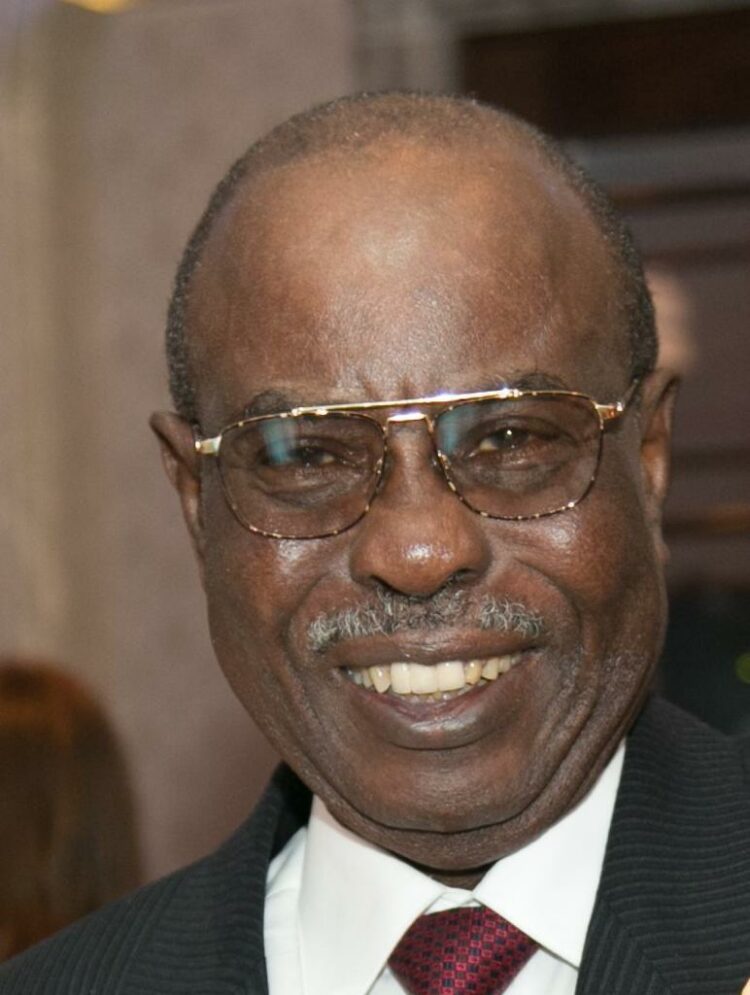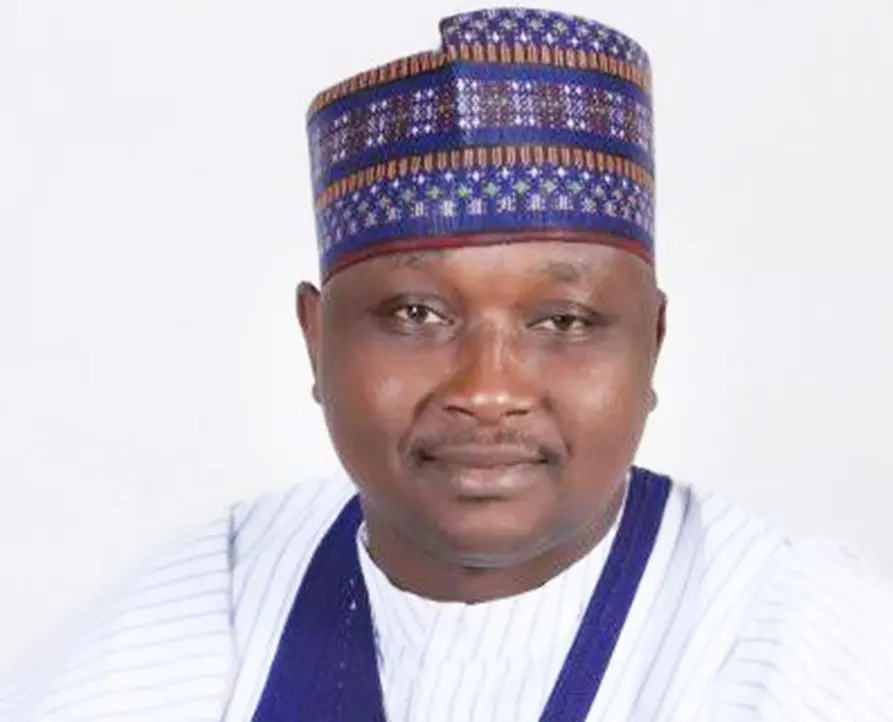This certainly not the best of times for the Nigerian Senate as the bill to establish the Armed Forces Commission which is being proposed by the minority leader, Enyinnaya Abaribe pitched the Senators from the southern region against their northern counterparts.
The Senate, unlike the House of Representatives, prides itself as a united entity in principle. But in reality, the widening crack and the growing disaffection reverberate. Whenever non-controversial issues are deliberated, senators seldom disagree. The mood is however always different when regional considerations, insecurity, confirmation of appointments, debates on Constitution amendments, among others, take the centre stage.
Read Also: Coup d’Etat: Ohanaeze Rebuffs Abaribe’s Armed Force Bill
Last week’s debate on a bill that seeks to establish the Armed Forces Commission, was not an exception. The National Assembly is mandated by law as stipulated in section 219 of the Constitution to pass an Act to establish such an Armed Forces Commission.
Sponsored by Senate Minority leader, Enyinnaya Abaribe, the bill is titled, ‘A Bill for an Act to give effect to section 219 of the 1999 Constitution of the Federal Republic of Nigeria to provide for the establishment of the Armed Forces Service Commission and for other related matters, 2021′.
The bill was read for the first time a year ago, before the National Assembly was shut down, following the global outbreak of COVID-19. Long before the bill was scheduled for a second reading, long knives had been drawn and senators were gearing up to draw blood on the controversial issue.
However, during the debate on the general principles of the bill, to pave way for its second reading, many senators from the Northern part of the country with the exception of the Senate Leader, Abdullahi Yahaya, raised serious objections to it.
As expected, senators from the Southern part of the country spoke in support of the bill. Interestingly the Deputy President of the Senate, Ovie Omo-Agege, joined his colleagues from the North to oppose the bill initially. He claimed that there were ‘devils in the details of the bill.‘
Francis Alimikhena from Edo State, retired Army Major, equally stood against the bIll. When the question was put as to whether the bill should be allowed to pass the second reading stage, the Senate President, Ahmad Lawan, ruled in favour of those who spoke against the bill and declared that the bill has failed.
In his predictable manner, Abaribe swiftly rose to protest and raised order 73 of the Senate standing rule through which he called for the division to allow senators to openly vote in turns for or against the bill.
There were shouts of no! no!! among the opponents of the bill. In the rowdiness that ensued, the Senate president after about two minutes called for a close session. After the closed session that lasted for about 20 minutes, Lawan announced that Abaribe had agreed to withdraw his opposition to the ruling that nailed the bill.
According to the bill, the appointment of Chief of Defence Staff, Chief of Army Staff, Chief of Air Staff, Chief of Naval Staff, Director of Military intelligence and Heads of other Arm-bearing Security Agencies, shall be appointed, subject to recommendations by the Commission.
If the bill had scaled through, ‘the Commission would have had the power and authority pursuant to section 219 of the 1999 Constitution of the Federal Republic of Nigeria (as amended) to ensure that the composition/appointment of Service Chiefs of the Armed Forces of the Federation reflects the federal character of Nigeria in the manner prescribed in section 217 (3) of the 1999 Constitution.’
AFRICA DAILY NEWS, NEW YORK

